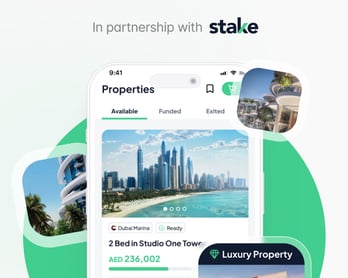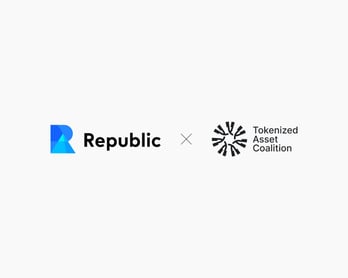Since the mass adoption of the internet, companies have sought to deepen connections with their community and explored innovative ways to better engage the people who use their products or love their brand. In today’s world of fleeting attention spans and lacking brand loyalty, companies have to prioritize a foundation in the deep engagement of its users, customers, and fans. For the first time, Sharedrops™ by Republic are an opportunity for pre-IPO companies to engage their global communities in the deepest way: by turning them into actual owners or shareholders.
The Evolution of Free Equity
Since the growth of the internet, companies have sought innovative ways to engage their communities with equity or shares giveaways but have encountered critical roadblocks along the way.
In 1998, TravelZoo offered free shares to users who signed up on their website, a move that generated nearly 700,000 new users, but also intense SEC scrutiny. Before unveiling a new subscription model in 2015, Jet.com launched an equity giveaway contest that attracted 325,000 new members –– but only rewarded the top 10 referrers with equity. Modern trading apps like Robinhood, Public, and SoFi started offering free shares of publicly-traded companies for millions of new users in 2015, demonstrating the proven success of providing free shares as a core marketing strategy. But this strategy has only worked for publicly-traded companies, and the fast-expanding universe of private companies and startups hasn’t been able to do the same.
Household names like Uber and Airbnb wanted to gift shares to their community while they were still private companies. Uber approached the SEC in 2017 to grant drivers equity before their public listing on the NYSE in 2019, and Airbnb sought a regulatory amendment from the SEC to give hosts equity before their public listing on the NASDAQ in 2020. Neither Uber nor Airbnb ultimately saw their vision through: drivers and hosts were forced to buy shares after their IPOs like everybody else.
Without Sharedrops by Republic, it’s almost impossible to get a private company’s shares into the hands of tens of thousands of people, across 100+ countries, without navigating strict SEC regulations, and without creating an enormous administrative hassle of tax paperwork and having thousands of people on a company’s cap table.
The JOBS Act: A Regulatory Milestone
Thanks to regulatory changes in 2016, regular people––not just VCs and uber wealthy angel investors––can invest in private US companies. Prior to 2016, that meant less than 10% of US people could widely purchase shares in companies before they listed on stock exchanges like the NYSE or the NASDAQ, and founders couldn’t easily take investment or raise money from their company’s customers, users, or fans.
Republic Sharedrops: Democratizing Equity
Using these new regulations, Republic registered with the SEC in 2016 and recently launched Sharedrops: an innovative product for regular people to receive shares from private companies in exchange for taking some kind of action or otherwise providing value to the company. These actions can be as simple as sharing an email address or downloading an app, which means companies can use Sharedrops by Republic to give thousands (or tens of thousands) of people a meaningful, long-term, financial incentive to help the company succeed––in the form of equity upside. Companies can distribute shares to community members in over 100 countries, including the US retail public, and represent them as a single line item on the cap table.
Redefining Community
Sharedrops usher in a new era of shared success and inclusiveness, offering a unique opportunity for companies to directly engage their community by aligning their financial success. By leveraging the power of equity as an incentive, companies can foster a deeper connection with their supporters, transforming them into true stakeholders in the company’s growth journey. Sharedrops cultivates a community that is genuinely invested in the financial success of the companies whose products they buy, whose services they use, and whose brands they love.



 Oops! We couldn’t find any results...
Oops! We couldn’t find any results...







